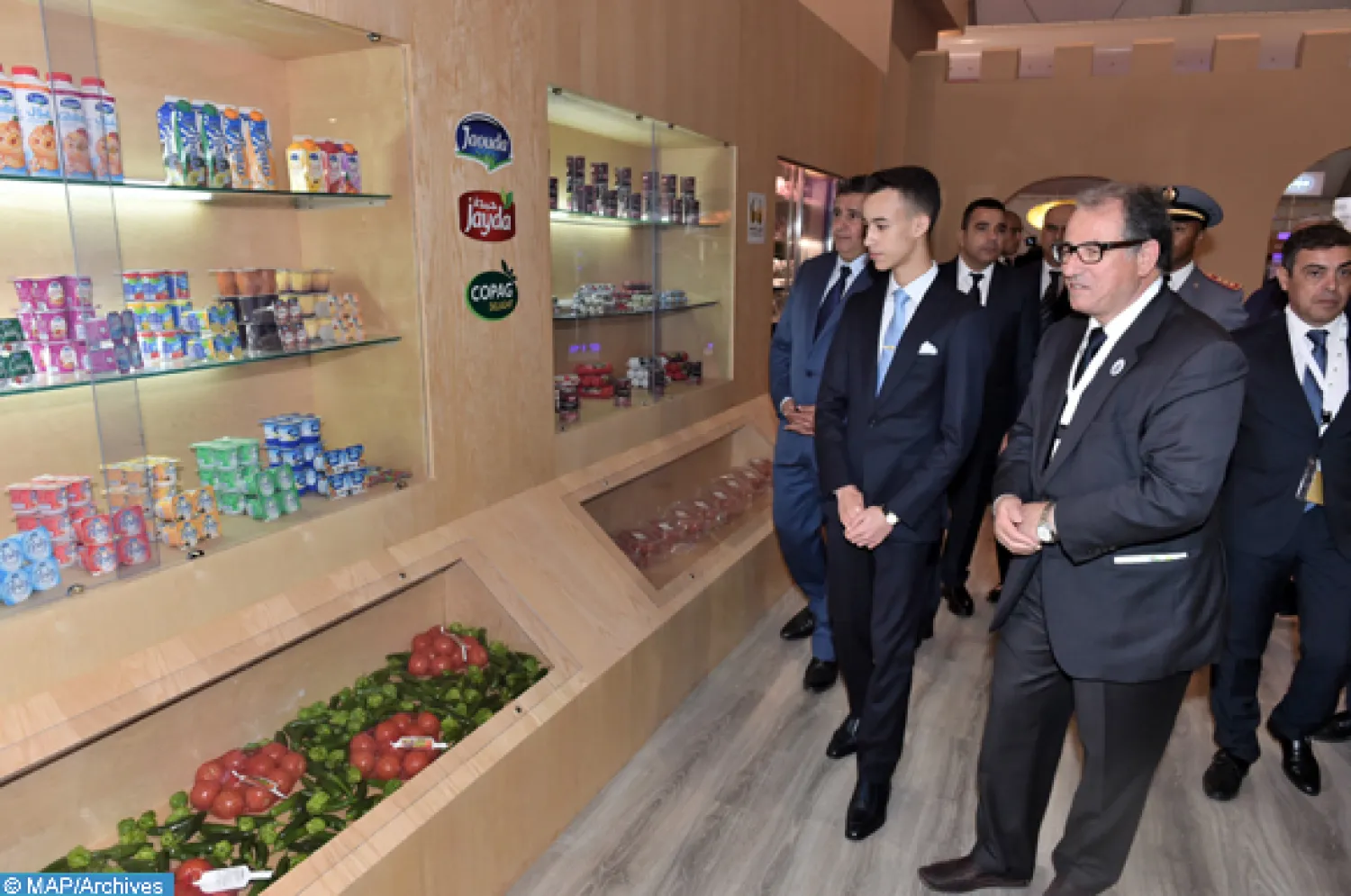Morocco’s Crown Prince Moulay el-Hassan chaired the opening ceremony of the 14th International Agricultural Exhibition in Morocco (SIAM) on Tuesday, in an event that saw the participation of 1,500 exhibitors from 61 countries.
This edition of SIAM is held between 16 and 21 April and under the theme “Agriculture, Lever of Employment and Future of the Rural World.” It is a key annual event to display progress made in the agricultural field and showcase the important role of agriculture as one of the major levers of economic growth.
This is the first time Australia has participated in the exhibition, bringing the number of continents partaking to four, with the expectation of one million visitors including official delegations.
African countries account for one-third of the international exhibitors participating with increasing attendance from Asian countries, which reached 12 this year.
SIAM is the largest market for agricultural tools and machinery in Morocco, and farmers look forward for preferential offers and fierce competition between exhibitors to make their annual purchases. It is also a major market for Moroccan and co-operative products. It is expected to see 800 agricultural co-operatives wanting to meet major international buyers and striking deals.
SIAM is organized in 10 large tents, with each housing one of the exhibit’s major sections and Moroccan regions. Each region showcases its products, agricultural qualifications and investment opportunities in the agricultural sector.
It also includes banks, insurance companies, and public sector institutions relating to agriculture, as well as support and financing of the farmers.
Local products also have their own section being the largest market for Moroccan co-operative products.
In addition to that, there are Moroccan agricultural products which include all towns and major Moroccan projects in the agricultural field.
Also, there are sections for agricultural tools and products, nature and life, and animal production.









